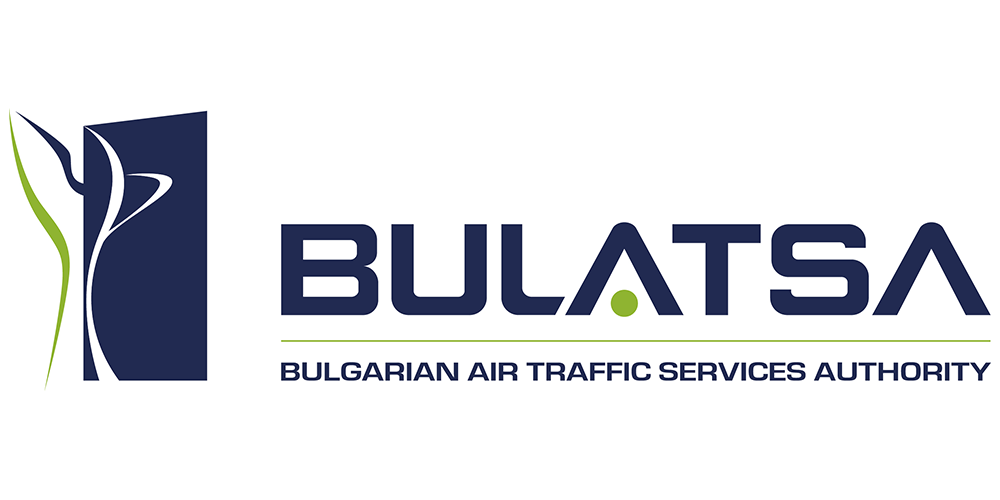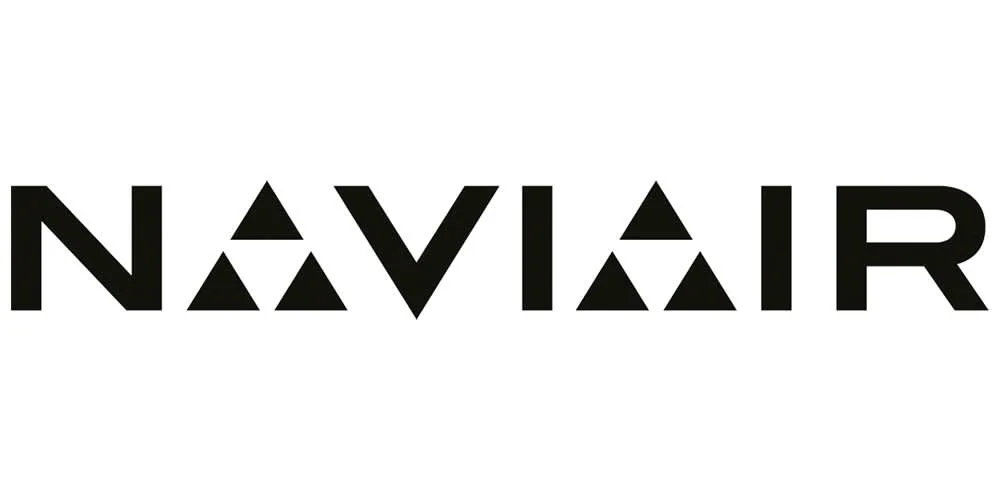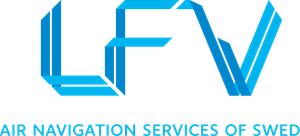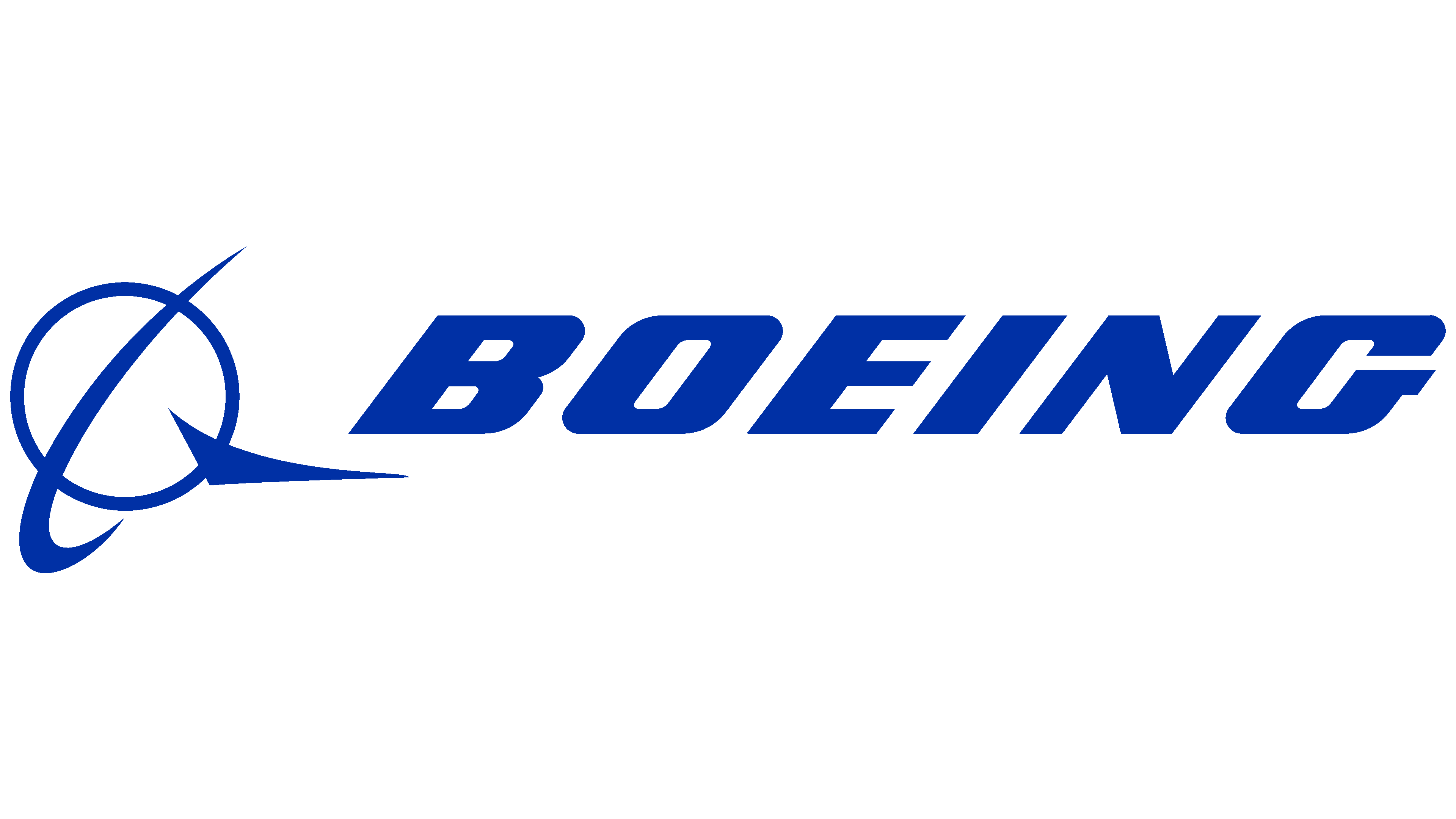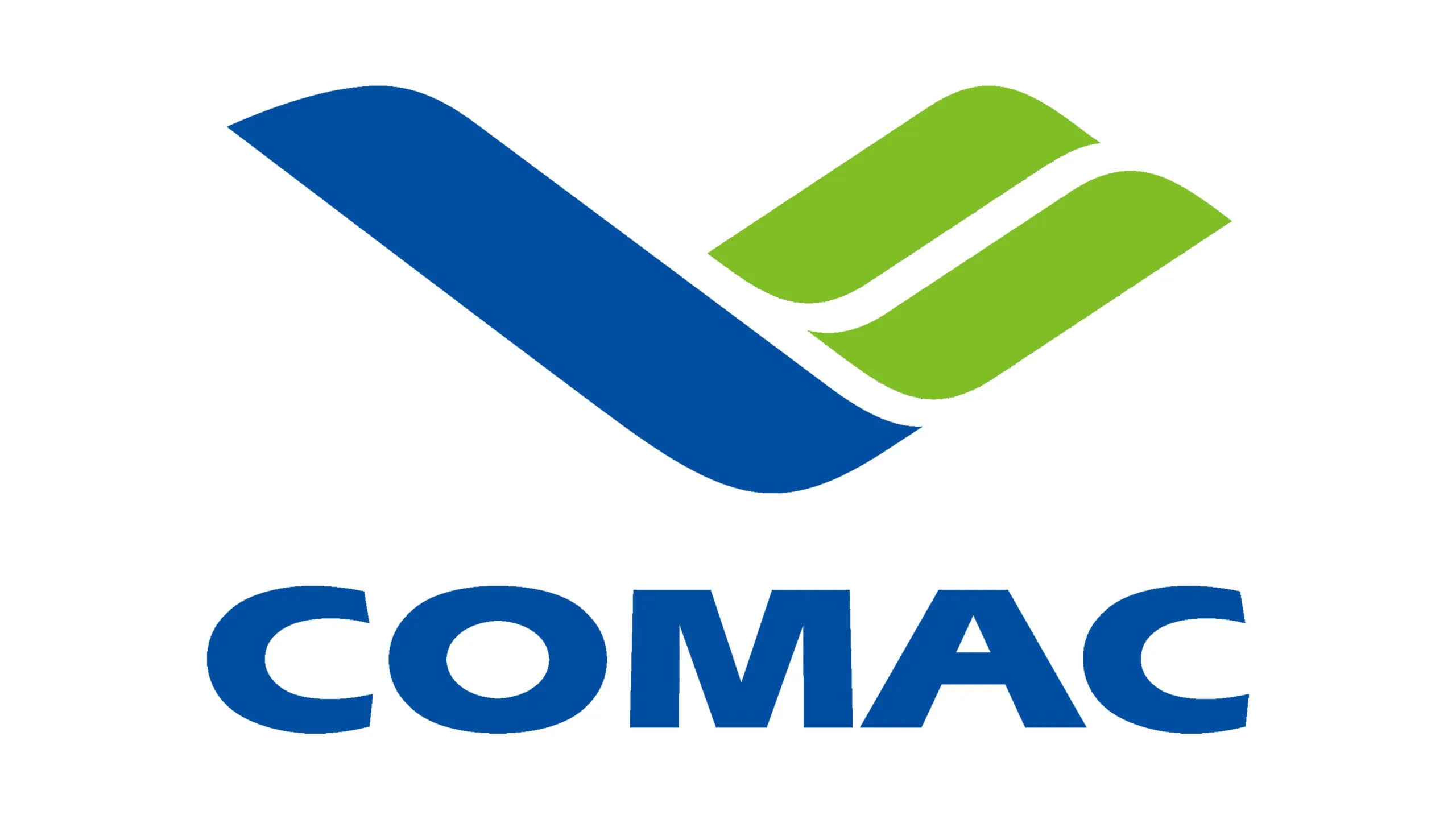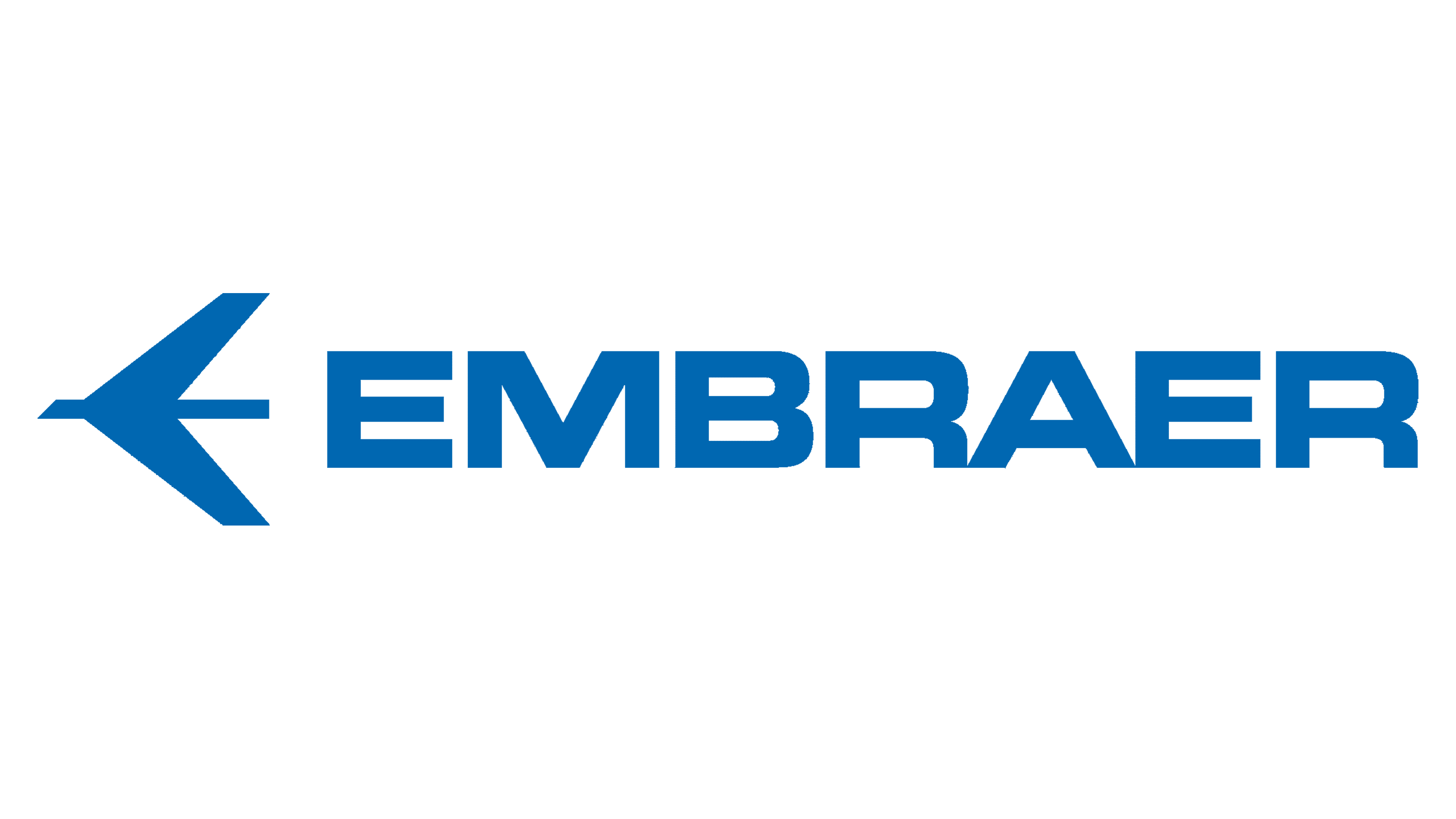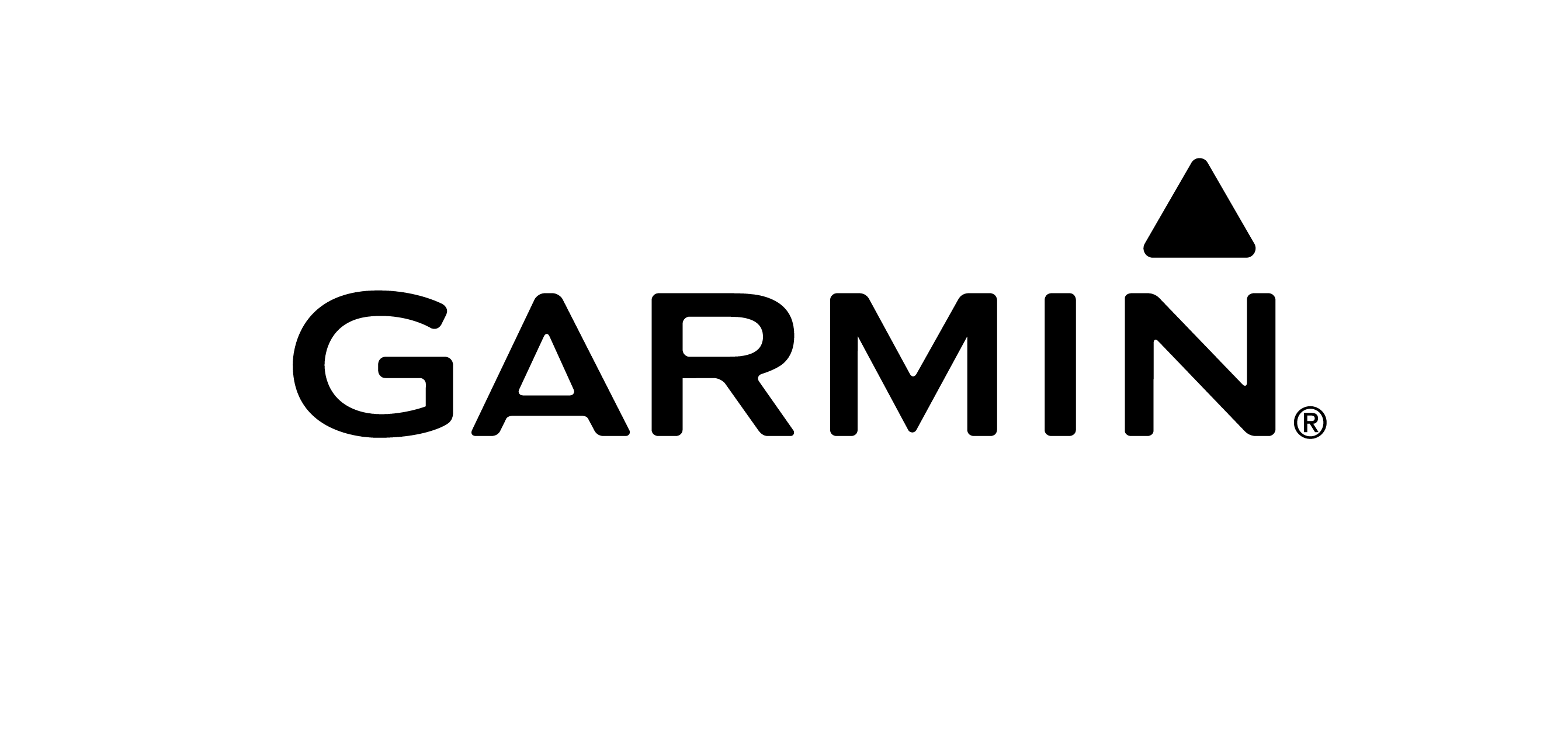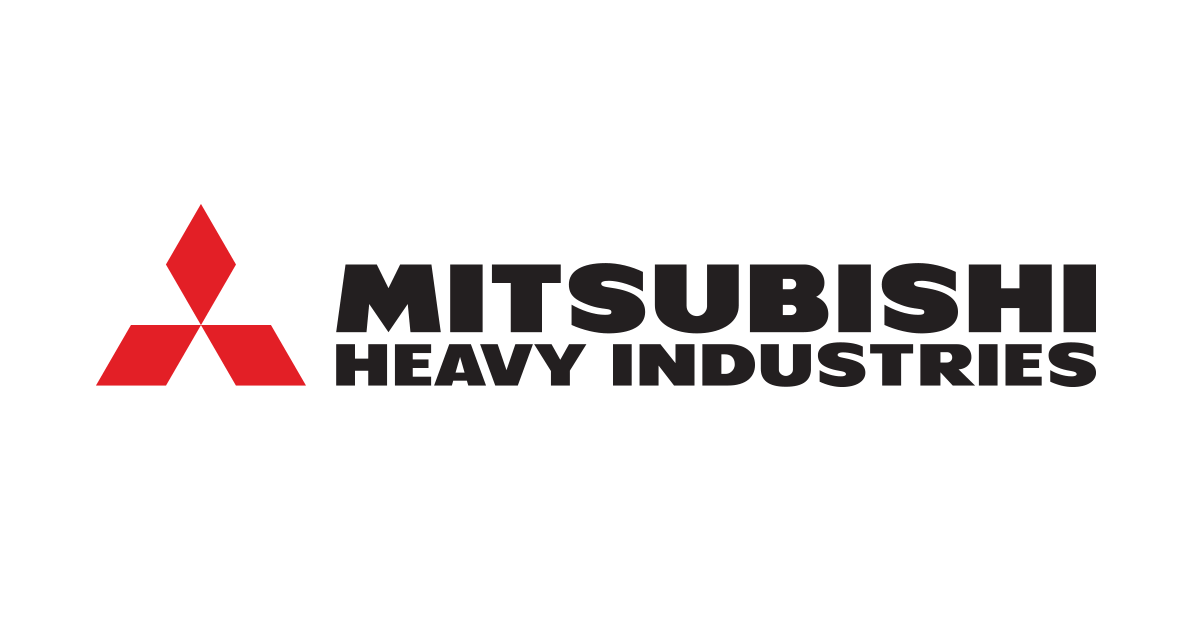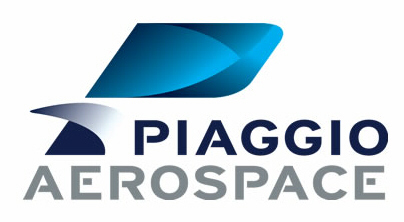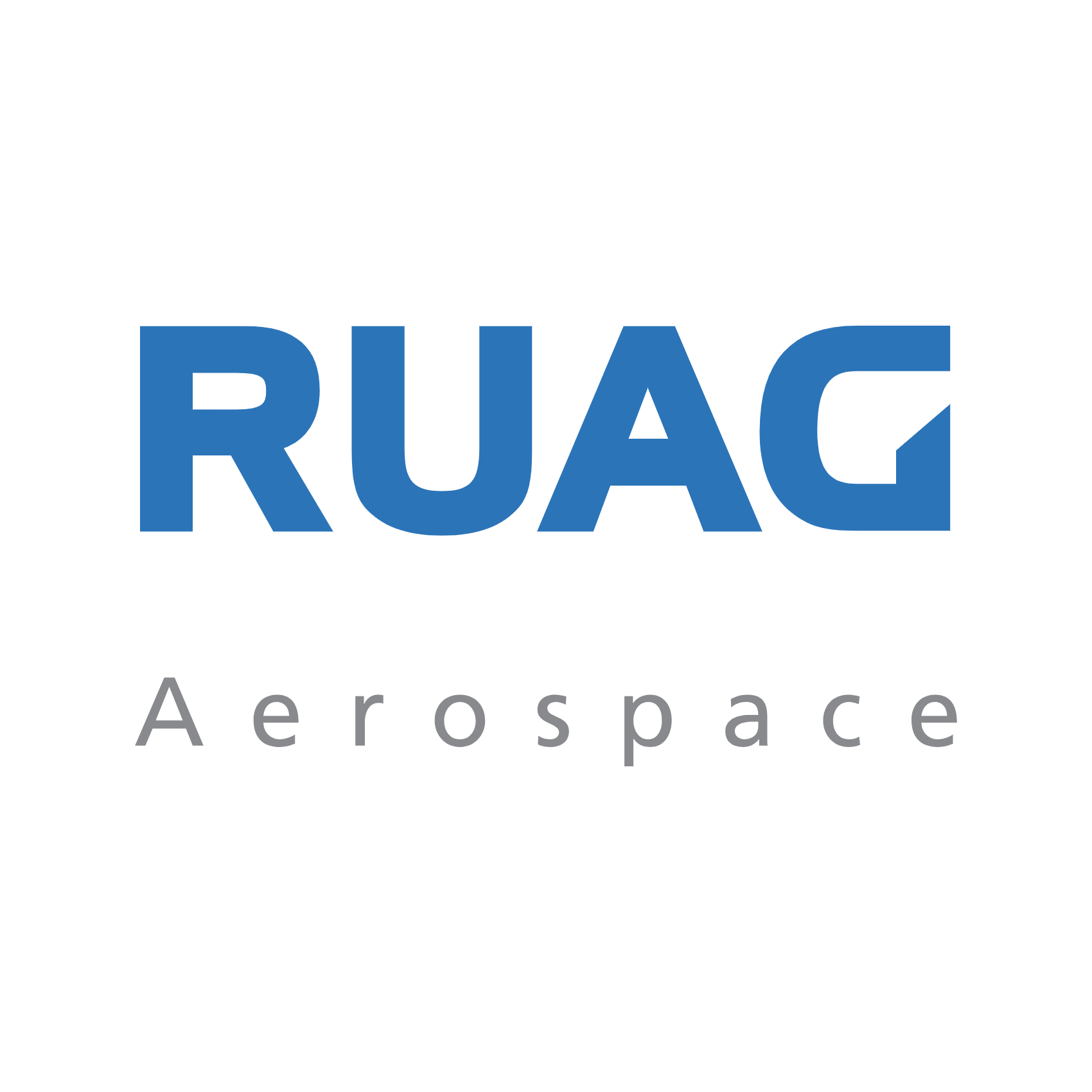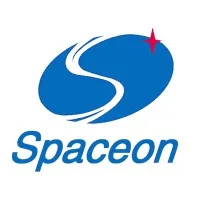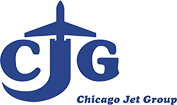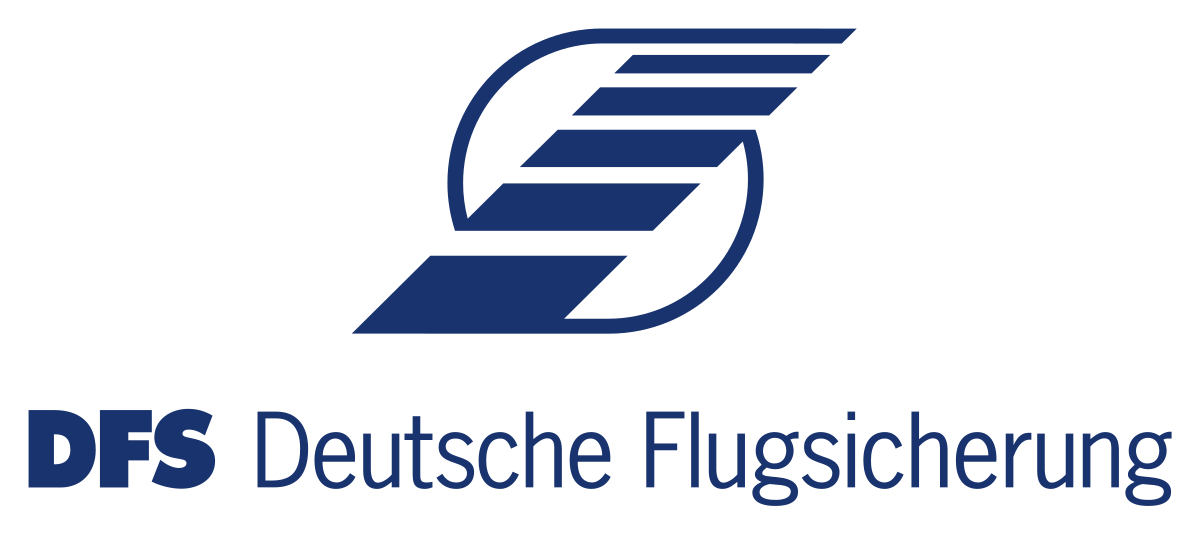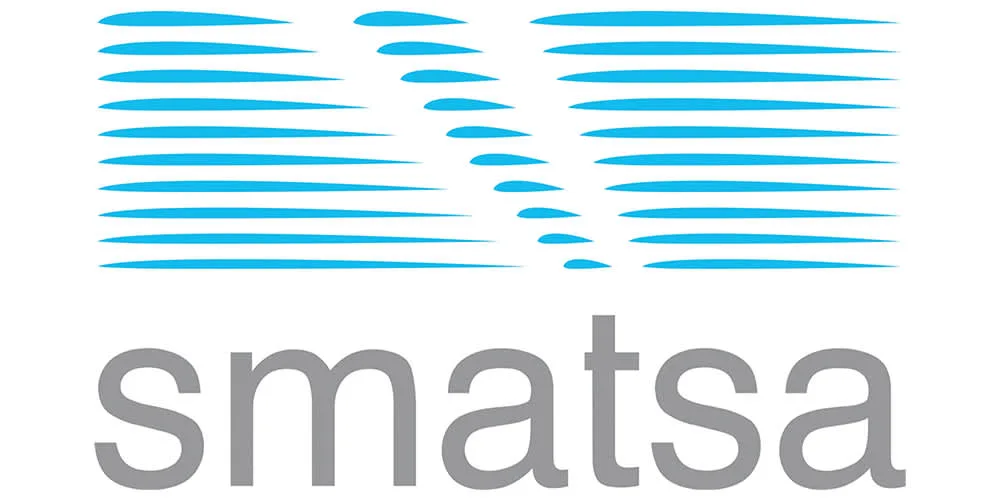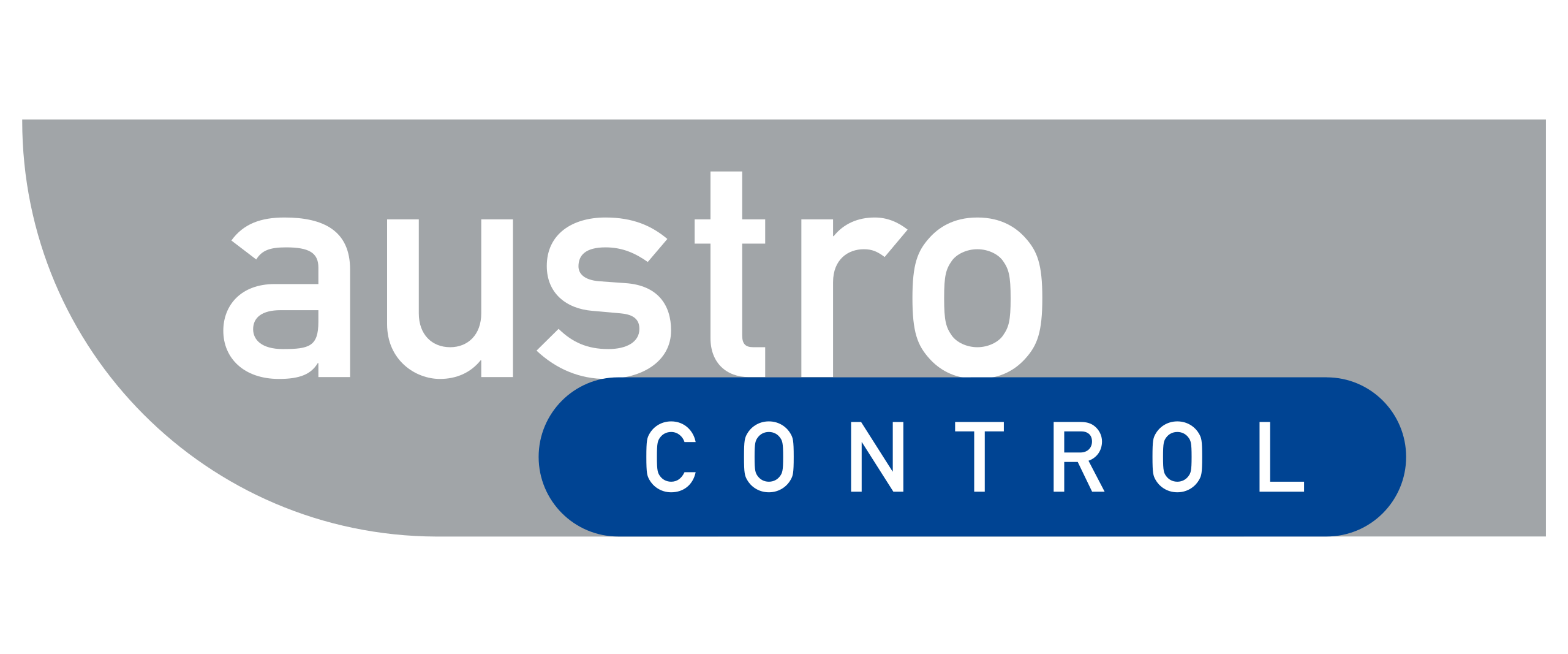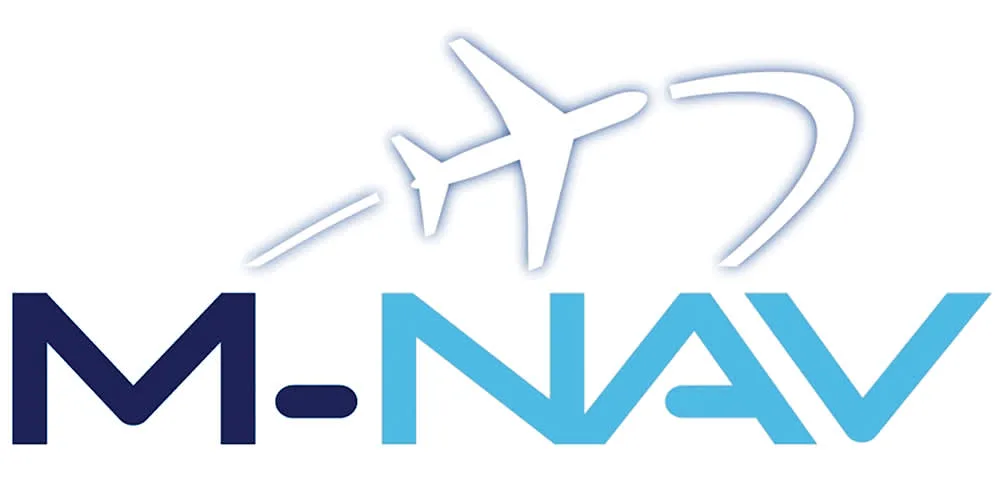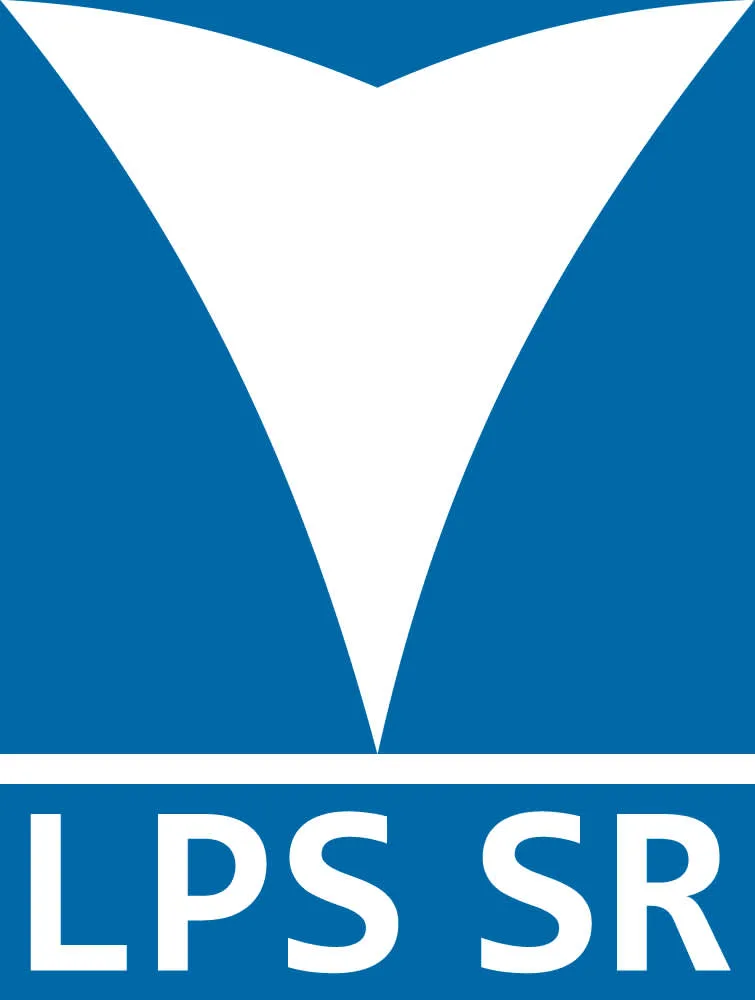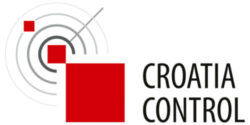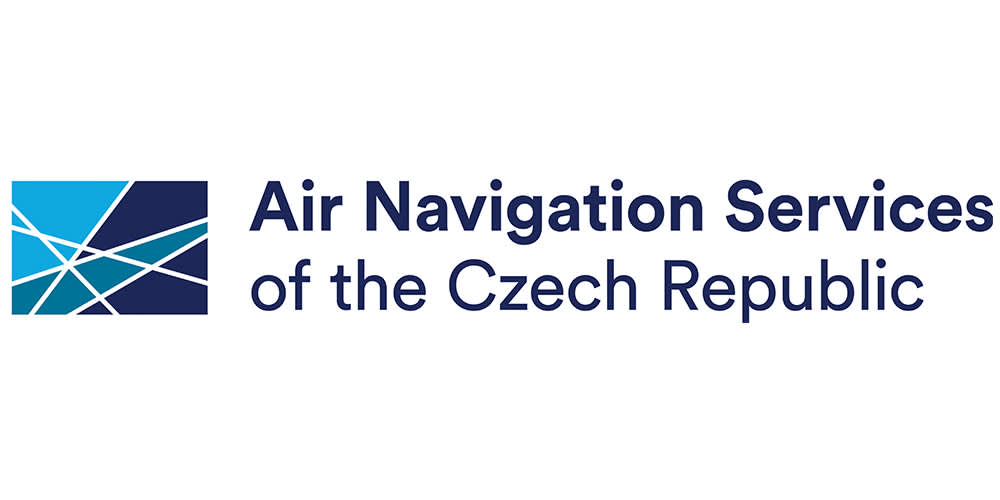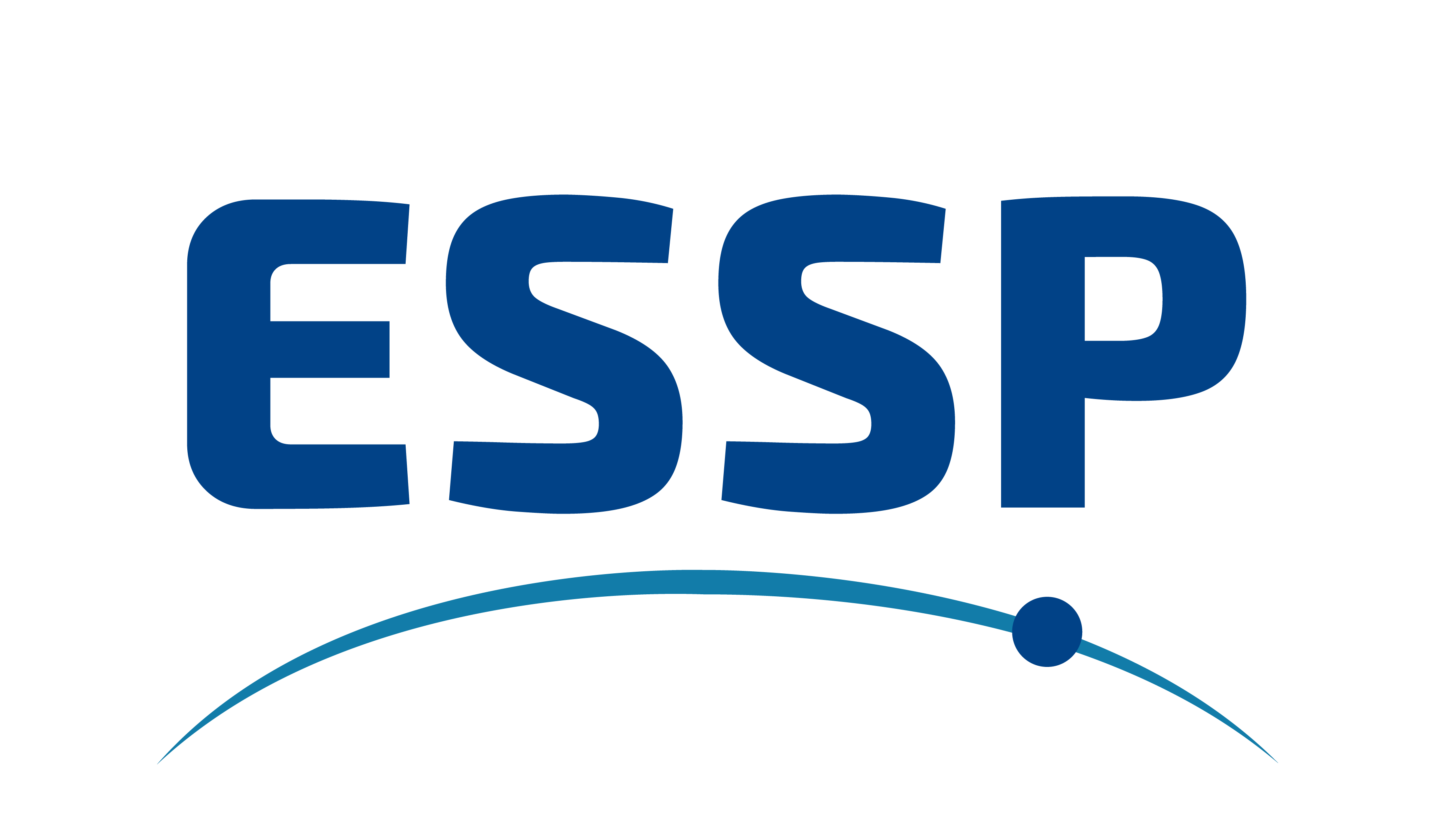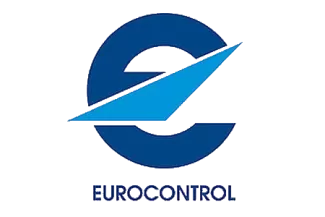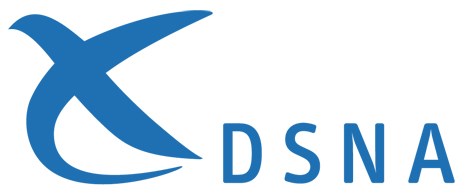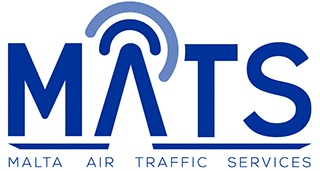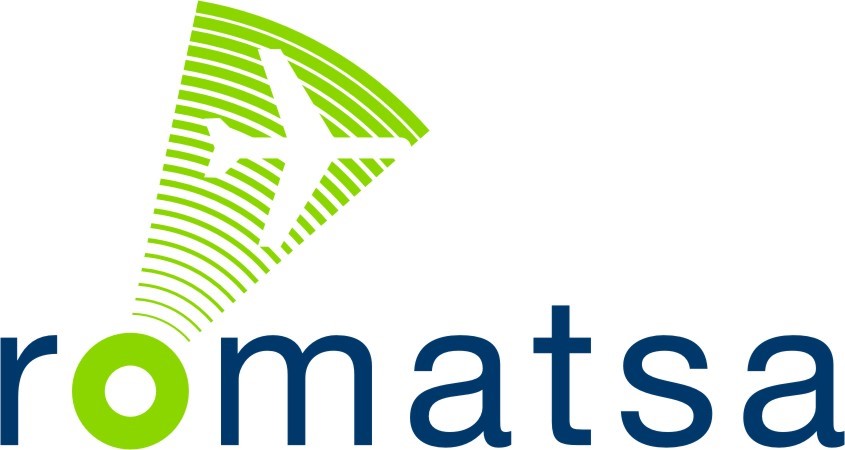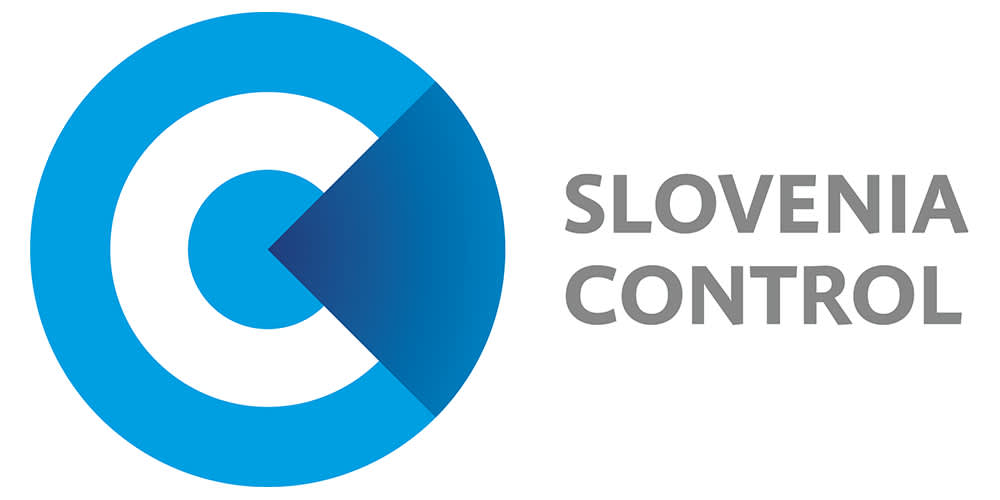Ayushi Jain is a master’s student in UCD. Here she talks about her time at Airtel, the skills and education required for the role, and what she enjoys about it.
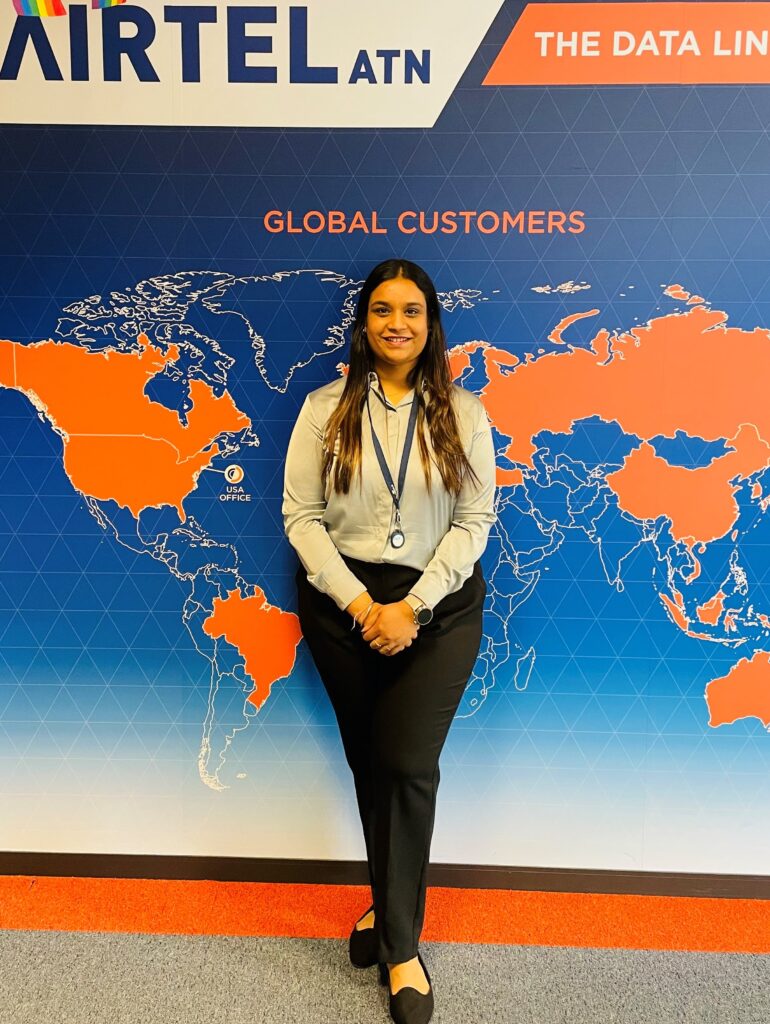
How did you go about getting your grad role?
As a master’s student at UCD, I had access to various internship opportunities listed on their portal. When I found the internship opening at Airtel ATN, I was interested because it matched my previous work experience well. I applied for the internship, got shortlisted, and did well in the face-to-face interview. Now, I’m a part of the great team at Airtel ATN.
Describe a typical day at Airtel ATN?
Well, my day kicks off with our daily standup calls, where we discuss what’s been accomplished so far, what’s on deck for the day, and sneak in a bit of future scheming. Two days a week, I come to the office with my whole team, where my time is a delightful mix of meetings, chit-chatting, and of course, strategically timed snacking (they’re free, so why resist?).
Working from home on other days keeps things interesting, as I can still reach out to anyone on the team anytime despite not being physically present. All in all, it’s a balancing act between productivity and the perks of office life (snacks included!).
Describe your main tasks and responsibilities?
My primary responsibility is developing the ACS Manager, a management tool designed to streamline flight operations. This tool provides a user-friendly interface for querying and analyzing flight status data, improving operational efficiency. By utilizing data from ACS management interfaces, the ACS Manager offers real-time insights into flight logon information, contract status, last reports, and contract settings. My role involves ensuring the tool enhances the effectiveness of flight operations through intuitive data management and analysis capabilities.
What are the main challenges?
The main challenge I face is comprehending the existing infrastructure because my work relies on the current codebase and system architecture. Understanding how different components interact, the logic behind existing functionalities, and any potential limitations or dependencies is crucial. This involves diving into documentation, studying the codebase thoroughly, and sometimes consulting with colleagues who have deeper insights into the system.
What’s cool?
What’s really cool for me is being part of the aviation industry, something I’ve always wanted. Now that I’m here, it’s like living out a dream! Plus, my work involves exploring new technologies. It’s like being an adventurous pilot navigating through a world of gadgets—except instead of clouds, I’m diving into code! Learning and experimenting with these technologies isn’t just cool; it’s exciting. Every day brings new challenges and opportunities to grow, which keeps me motivated.
What’s not so cool?
One thing that’s not so fun is dealing with tricky problems in the system’s setup. Sometimes, I have to really dig into the code, figure out what confusing error messages mean, and handle unexpected issues that need a lot of patience and determination to fix.
What skills do you bring to your workplace?
I bring a strong technical background in software development, with expertise in languages like Java and SQL. My ability to analyze complex problems and implement effective solutions has been honed through hands-on experience in previous roles. Additionally, I am good at communicating technical concepts clearly, and adapting quickly to new technologies and challenges. These skills allow me to contribute effectively to projects.
What is your education to date?
I completed my bachelor’s degree in Computer Science, a 4-year program in India. After that, I moved to Ireland for my master’s degree in Computer Science. Between these degrees, I worked as a software engineer at IBM India for 2.5 years. Currently, I am in my third trimester and completing a summer internship at Airtel ATN. I will finish my master’s degree in coming August.
What aspects of your education have proven most important for your job?
The solid foundation in Computer Science from both my bachelor’s and master’s degrees has been incredibly valuable for my current role. Concepts and skills learned in areas like programming, algorithms, and database management are directly applicable to my work. Moreover, the practical experience gained during my software engineering stint at IBM India has equipped me with real-world problem-solving abilities and a deeper understanding of software development lifecycle.
What have been the most rewarding events in your career so far?
The best moment in my career? It’s when I finally started making sense of all the tech and projects at Airtel. At first, it was like staring at a giant puzzle. Now, I’m putting the pieces together—kind of like cracking a secret code or solving a tough riddle. I don’t have all the answers yet, but understanding more each day feels like leveling up in a video game. It’s a win that keeps me pumped for what’s coming next!
What advice would you give to someone considering this job?
At Airtel, you’re not just tackling challenges alone. There’s a supportive team ready to help you navigate through it all. It’s a blend of personal and professional growth, which has been the most rewarding aspect of my job. If you’re seeking a dynamic environment where you can grow both personally and professionally, this team might just be the perfect fit for you.
What are the three most important personal characteristics required for the job?
According to me the three important personal characteristics are attention to detail, problem-solving skills, and curiosity for continuous learning. Attention to detail ensures accuracy critical for aviation operations. Strong problem-solving skills are essential for handling aviation-specific challenges. And a willingness to learn new technologies, stay updated with industry trends, and explore innovative solutions enhances professional growth and contributes to innovative software solutions.
Find out how to become a part of the Airtel team here



